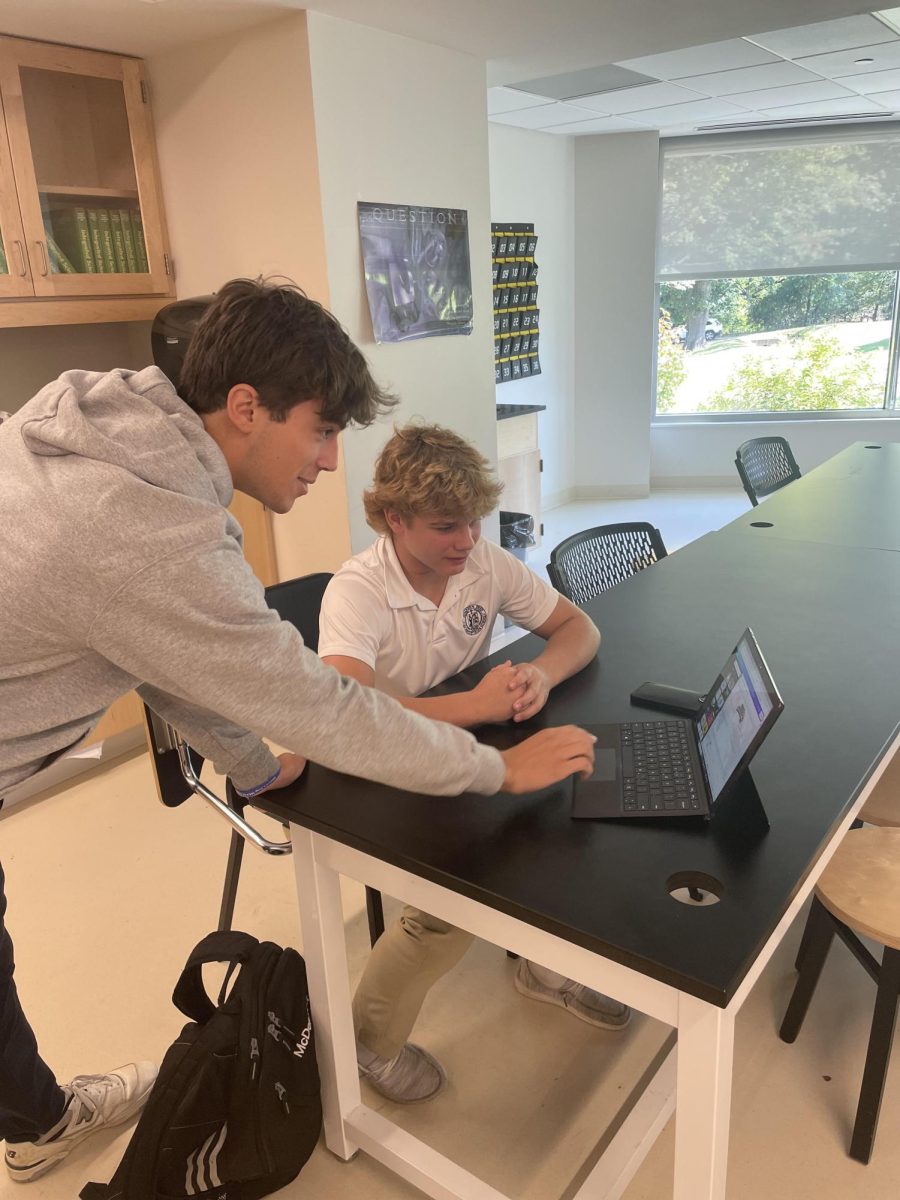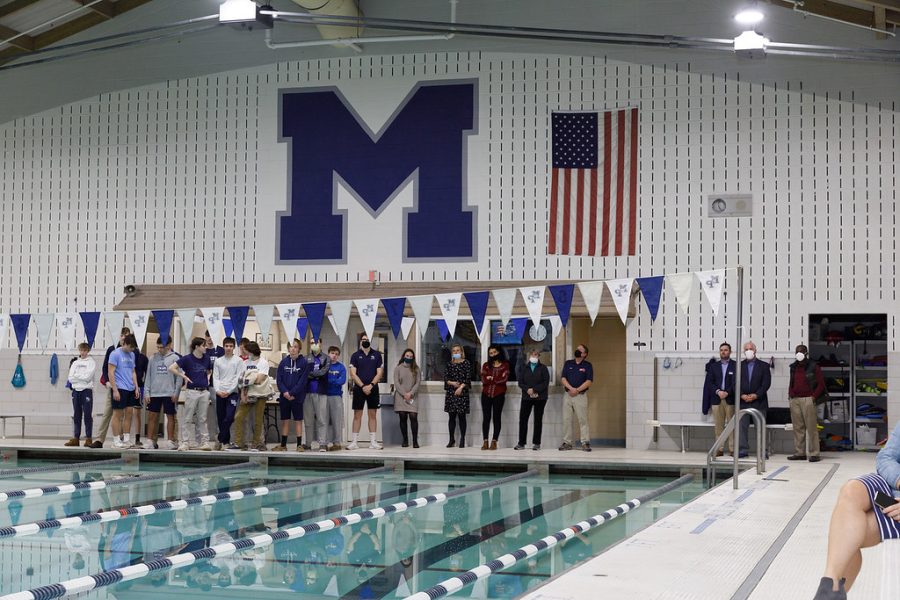How have real people been affected by the ongoing budget battle?
People across Pennsylvania have been talking about the ongoing budget battle in Harrisburg.
Democrats and Republicans are in a deadlock over passing a budget for the 2016 fiscal year that was due on June 30. The lack of a budget has resulted in freezing funding for state services such as education and the prison system.
One roadblock hit by Democratic Governor Tom Wolf and the Republican Legislature is what to do with Pennsylvania’s growing deficit. Wolf’s budget proposed a raise in income taxes, as well as a severance tax for oil and gas companies.
This ongoing impasse has led to various attack ads levied against the Legislature about their inaction with this issue.
Economics teacher John Ostick said that a deficit is when a budget spends more money than it takes in. “It is usually created when the deficit is not doing so good,” he said. “It all depends on the situation on hand whether or not fixing the deficit is a high priority. In the long run it is very important to fix, but it is very difficult to do so.”
That doesn’t mean that a deficit is always a bad thing, Ostick said. “A deficit usually helps to create jobs, but they should really be in moderation. It’s when they get enormous that they become a big problem.”
This battle has far-reaching effects in Pennsylvania’s education system, as school districts rich and poor are making adjustments in their budgets to keep their doors open.
“This isn’t the first time we’ve operated without funding from Harrisburg,” Jeffrey Sparagana, Superintendent of the Pottstown School District said, “but this is the most serious occurrence.”
Sparagana said he was frustrated at the Pennsylvania legislature because of their actions.
“It’s an irresponsible act by legislators to hold school districts hostage,” he said.
In the absence of funding from Harrisburg, the Pottstown School District, as well as other school districts, have had to operate solely on district property taxes.
“Right now, we are missing about 30% of our full budget because of the battle in Harrisburg,” said Linda S. Adams, Business Administrator for the Pottstown School District. “We can go another eight months without going into our reserves.”
The ability for Pottstown to go on for as long as it could is not because of a wealth of funding from property taxes, but an adaptation to what is already considered a lack of funding from Harrisburg.
“Most of our budget comes from the 22,000 citizens in the district, most of whom are low-income,” John Armato, spokesperson for the Pottstown school district, said. “We need more help from Harrisburg, not less.”
And what does this mean for students in the district? Sparagana said that the district has moved to spending only on “essential” things in the district, which has negatively affected the students.
It is a different story for students in the Tredyffrin-Easttown School District, considered one of the best school districts in the country. Art McDonnell, Business Manager and Board Secretary for the district, said via email that day-to-day operations have not been significantly affected.
“However, the lack of [s]tate funding has meant committing other monies to meet operational needs,” he said. “In addition, any reduction in [financial] reserves translates to less investment earnings.”
McDonnell also said that portions of the state budget have been approved which has partially released education funds for schools, lifting some of the burden for districts across the state.
Just how much the ongoing budget battle affects Pennsylvania’s schools will be seen in June, when school districts need to draw up their budgets for the upcoming school year.
The T/E school board accepted the proposed budget for the 2016-2017 school year at a meeting on January 25, 2016.
The Pottstown school board has not passed a budget for the 2016-2017 school at the time of publishing.
“We can’t put off drawing up a budget like Harrisburg,” Sparagana said.






